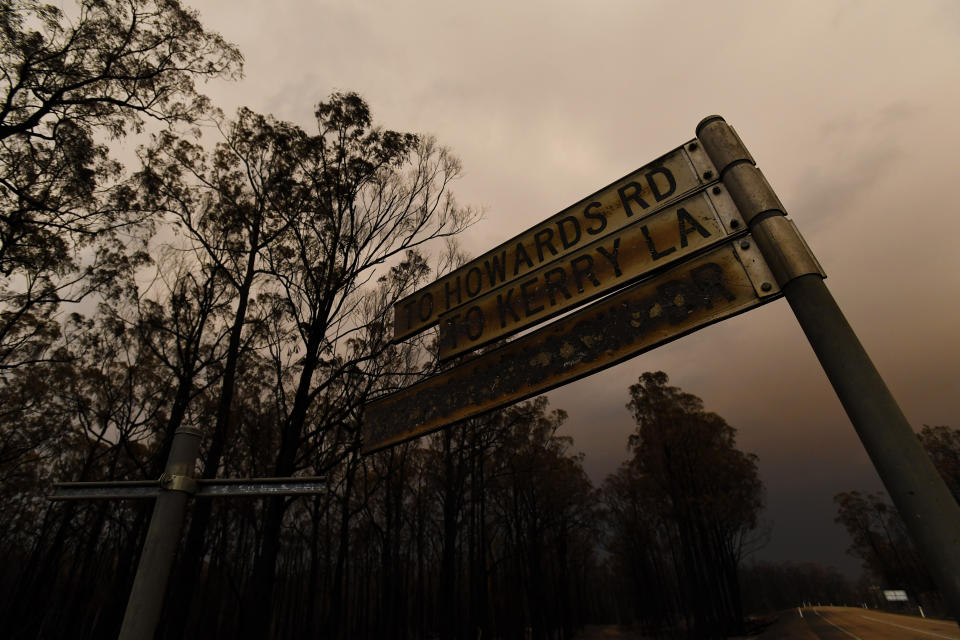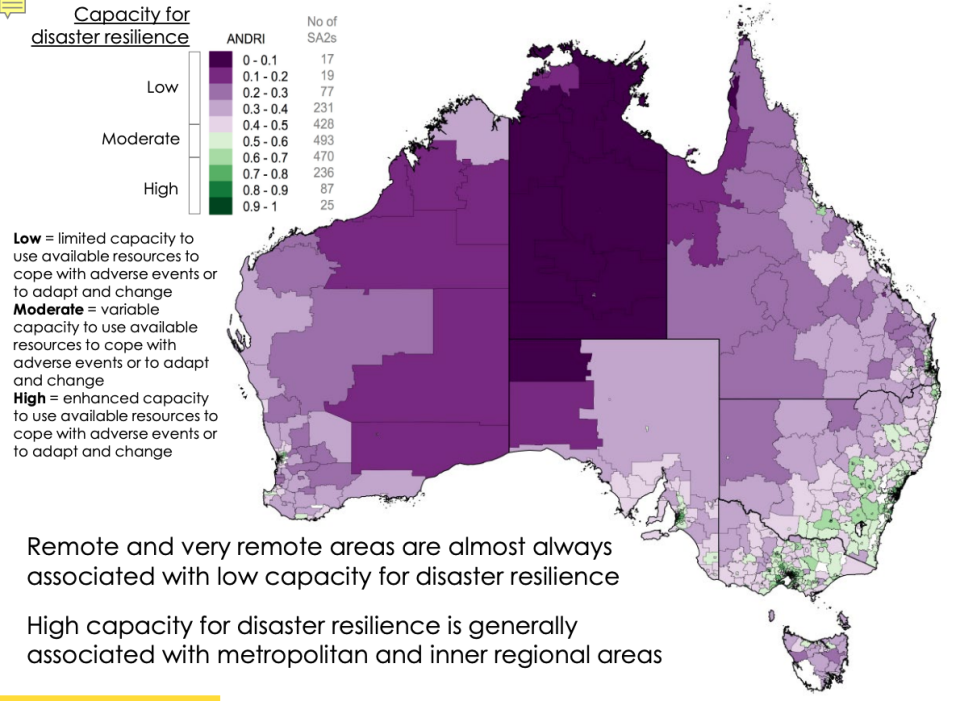Local businesses, economies burnt by Australian bushfires

Across the country, lashing fires are destroying much of what they touch. It is hard not to feel emotional seeing the faces of the families splashed across the media.
Disasters like fires ground us in the now, they don't allow for distraction. For those on the front-line, it is hard to think an hour or two ahead let alone next week or life after the fires.
It is after the fires when we really take stock. These fires will have an irrevocable impact on our country. The repercussions we see are emotional and cultural, beyond that is the economics that helps towns rebuild.
Related story: Cost of bushfire damage climbs to nearly $400 million
Related story: NAB offers $2k to customers who have lost homes
Related story: Optus, Vodafone match Telstra, waives fireys’ phone bills
Dr Marcia Keegan from SGS Economics and Planning says the fires present “an immediate and very bad hit to the economy”.
It is the volunteer firefighters are taking time off work, leaving workplaces scrambling to keep everything together. Farmers aren’t tending to animals or crops, instead they are trying to reduce hazards on their land ASAP.
Farmers are shrewd businesspeople. They will tell you how much each square metre earns them and what not being able to work on the farm means for their own income. Protecting their land and stock can reduce their income by up to 100 per cent per day depending on how intense the fires are. Without an income they are more cautious in what they buy from suppliers, at the shops and whether they go out for dinner or cook with what they have at home.
Next to this comes the tourism costs. Dr Keegan says the fires are having such an impact “economic activity will go to zero”. Her work shows that every day the New South Wales South Coast is evacuated there is an A$8 million dollars in lost economic activity. “And this is peak tourism season for them.”
Dr Keegan is personifying another cost to the economy when I call her in Canberra. She’s coughing down the phone and is struggling to finish sentences. Keegan works with governments across the country and in regional centres to support economic activity. As anyone who has been in Sydney in the last two months knows, it is hard to work when merely breathing can be a test, so even when we aren’t in a regional town the fires reduce our productivity.
These costs are adding up significantly even before we get to the web that is insurance.
When fires in Indonesia last year raged at unprecedented levels, the World Bank estimated it cost them over US$5 billion.
Our current fires are more than four times that size and our economy is 20 per cent bigger than Indonesia’s. Because of the longevity and scale of the burning it is reasonably foreseeable that the economic impact could be in the tens of billions of dollars.
According to the Bushfire and Natural Hazard Cooperative Research Centre, 94 per cent of Australia has a low capacity for disaster resilience. Their research shows that the further a town is from a major city the less likely it is to recover from a disaster.

Fires bring devastation immediately and depression in the long-term.
As the costs mount, we can be sure that these fires will forever change the Australian economy.
Conrad Liveris is an independent workplace relations expert and economist.
Make your money work with Yahoo Finance’s daily newsletter. Sign up here and stay on top of the latest money, news and tech news.

 Yahoo Finance
Yahoo Finance 